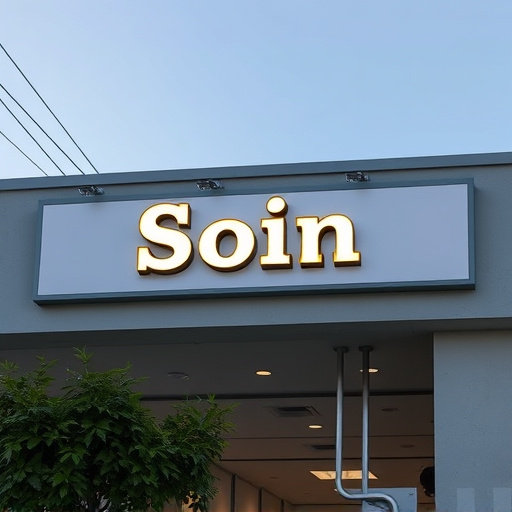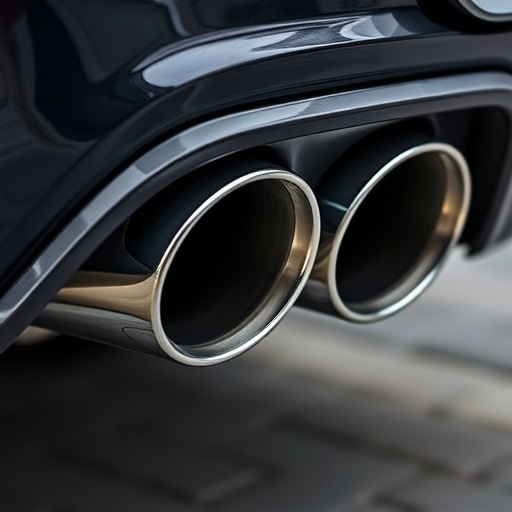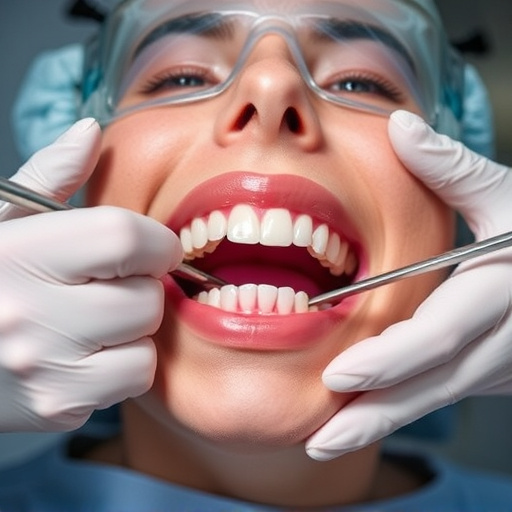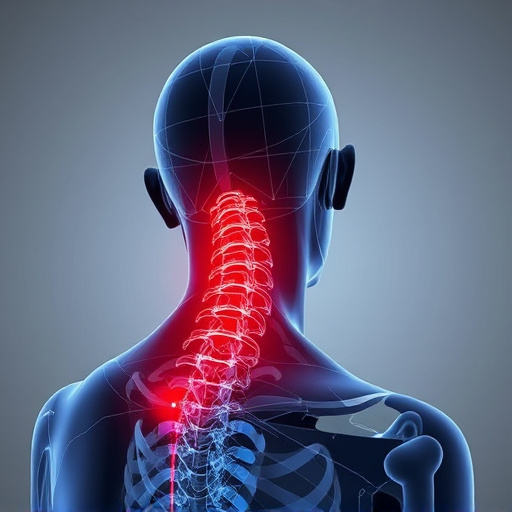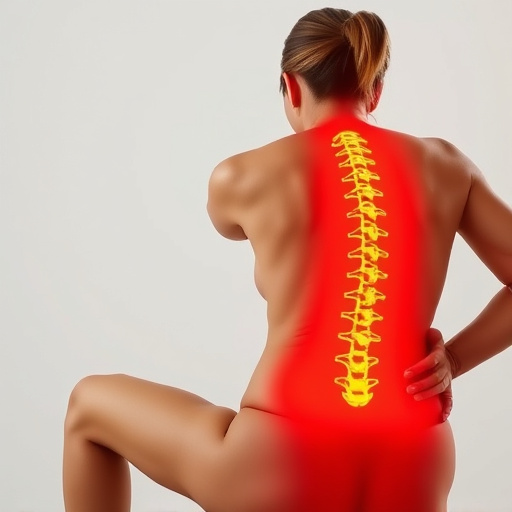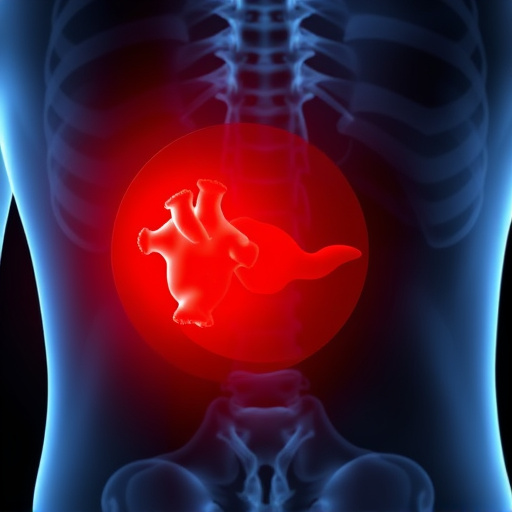Nutrition is crucial for successful herniated disc treatment, providing essential nutrients for healing, immune system strengthening, and reducing inflammation. A well-balanced diet with anti-inflammatory foods (like omega-3s and antioxidants) and adequate protein supports tissue repair, muscle recovery, and chiropractic care effectiveness. Chiropractic treatments combined with nutrient-rich food can alleviate symptoms, reduce body inflammation, accelerate recovery, and improve mobility for herniated disc management.
“Uncover the powerful role nutrition plays in your journey towards recovery from a herniated disc. This comprehensive guide explores how the right dietary choices can significantly impact healing and alleviate pain associated with this common condition. From understanding the intricate link between nutrition and disc health to identifying key nutrients and implementing effective dietary strategies, you’ll discover practical ways to accelerate your road to rehabilitation. Embrace a nutrient-rich approach for optimal herniated disc treatment.”
- Understanding the Link Between Nutrition and Herniated Disc Healing
- Key Nutrients for Accelerating Recovery from a Herniated Disc
- Dietary Strategies to Support Effective Herniated Disc Treatment
Understanding the Link Between Nutrition and Herniated Disc Healing
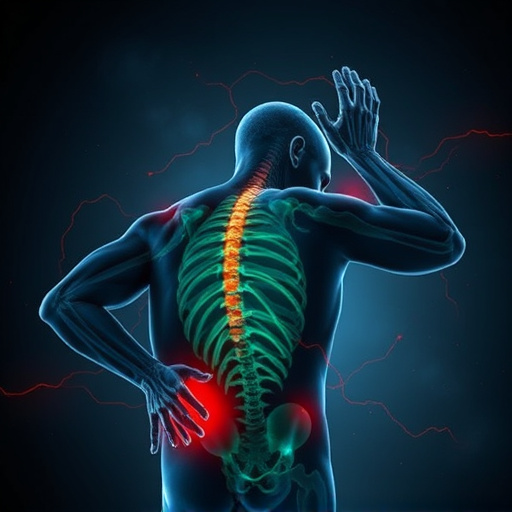
Nutrition plays a pivotal role in the healing process for individuals undergoing herniated disc treatment. When it comes to managing and recovering from this condition, what we eat can significantly impact our overall health and the effectiveness of treatments like chiropractic care. A well-balanced diet ensures that the body receives all the essential nutrients required for muscle recovery and tissue repair.
Proper nutrition supports the body’s natural healing mechanisms by boosting the immune system, reducing inflammation, and providing the necessary building blocks for collagen production. This is particularly crucial as collagen is essential for strengthening connective tissues, including those surrounding the discs in our spine. By adopting a nutrient-rich diet, individuals can potentially accelerate their recovery, find chronic pain relief, and improve overall mobility, making their herniated disc treatment more effective and efficient.
Key Nutrients for Accelerating Recovery from a Herniated Disc
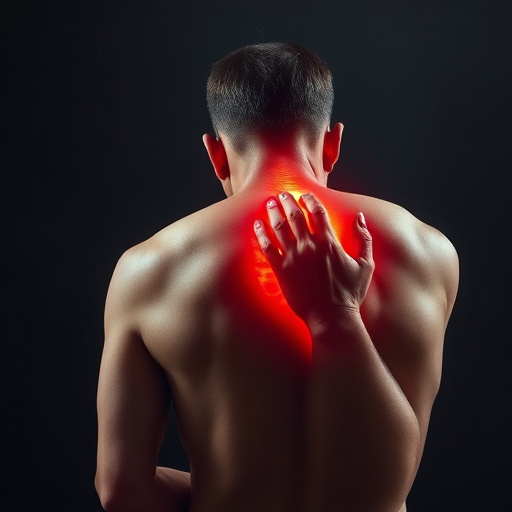
The journey to healing from a herniated disc involves multifaceted approaches, and proper nutrition is a powerful component that can significantly impact your recovery. Key nutrients play a crucial role in accelerating healing, reducing inflammation, and supporting overall wellness care. Among these, omega-3 fatty acids top the list for their anti-inflammatory properties, which can help alleviate chronic pain relief associated with herniated disc treatment. These essential fats also contribute to maintaining disc health by promoting muscle recovery and strengthening the surrounding structures.
Additionally, vitamins like Vitamin C and D are vital for collagen production, essential for tissue repair and regeneration. Magnesium aids in muscle relaxation and nerve function, while antioxidants such as Vitamin E and Selenium protect cells from oxidative stress. A balanced diet rich in these key nutrients can complement your herniated disc treatment plan, ensuring a faster and more effective recovery process.
Dietary Strategies to Support Effective Herniated Disc Treatment
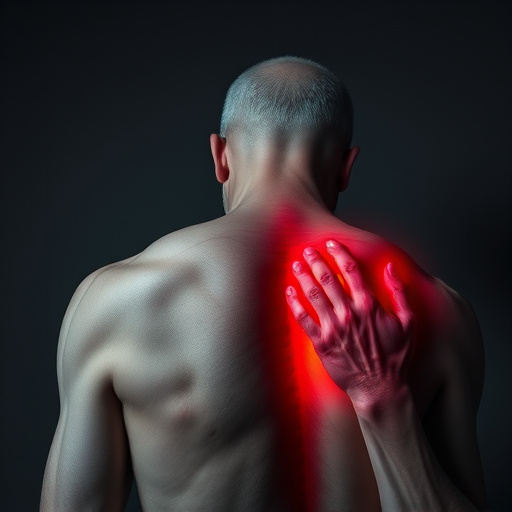
A well-balanced diet is a key component in supporting effective herniated disc treatment and accelerating recovery. When dealing with soft tissue injuries, such as a herniated disc, proper nutrition can help reduce inflammation and provide essential nutrients for tissue repair. Incorporating anti-inflammatory foods like omega-3 fatty acids (found in fish, nuts, and seeds) and antioxidants (fruits and vegetables) into your diet can significantly aid in the healing process. These dietary choices may also alleviate pain associated with the condition.
Additionally, ensuring adequate protein intake is crucial as it aids in muscle repair and maintenance during recovery. Lean meats, eggs, dairy products, legumes, and nuts are excellent sources of protein. Chiropractic treatment and spinal adjustments, often part of a comprehensive herniated disc treatment plan, can be further supported by a diet rich in nutrients that promote healing and reduce the body’s overall inflammatory response.
Proper nutrition plays a crucial role in enhancing the effectiveness of herniated disc treatment. By understanding the link between diet and healing, individuals can accelerate their recovery through targeted nutrient intake. Key dietary strategies, such as incorporating anti-inflammatory foods and ensuring adequate protein intake, support effective management of herniated discs. Remember that, in addition to medical advice, a nutritious diet is an essential component of a holistic approach to overcoming disc-related issues.



